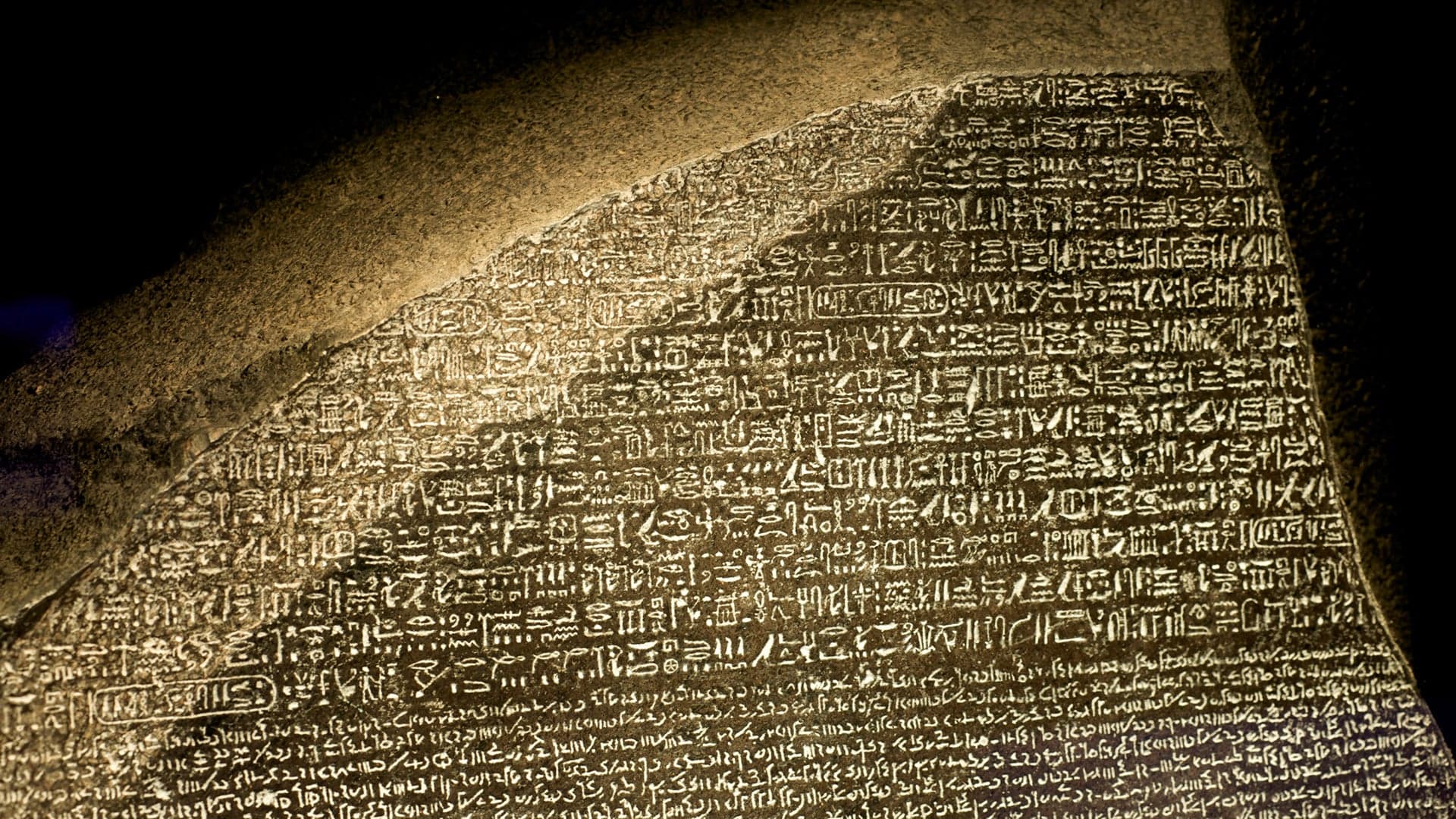
Although there is some debate about the exact date, on what was likely July 19, 1799, during Napoleon Bonaparte’s Egyptian campaign, a French soldier discovers a black basalt slab inscribed with ancient writing near the town of Rosetta, about 35 miles east of Alexandria. The irregularly shaped stone contained fragments of passages written in three different scripts: Greek, Egyptian hieroglyphics and Egyptian demotic. The ancient Greek on the Rosetta Stone told archaeologists that it was inscribed by priests honoring the king of Egypt, Ptolemy V, in the second century B.C. More startlingly, the Greek passage announced that the three scripts were all of identical meaning. The artifact thus held the key to solving the riddle of hieroglyphics, a written language that had been “dead” for nearly 2,000 years.
Continue reading “THIS DAY IN HISTORY – Rosetta Stone found – 1799”



